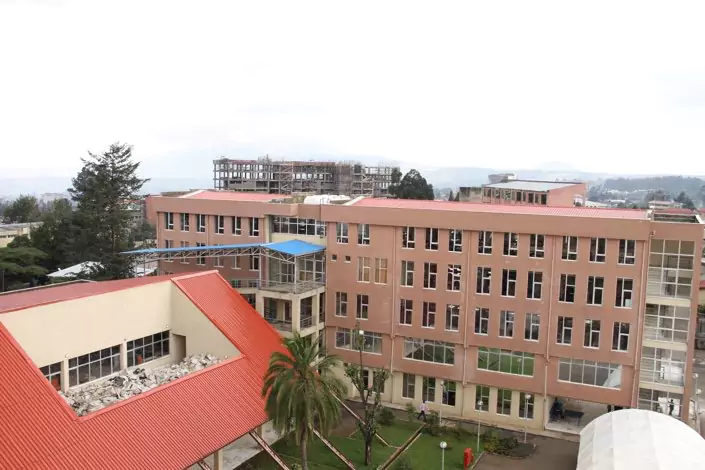
St. Paul’s Hospital Millennium Medical College is a public hospital and medical college in Ethiopia dedicated to providing medical assistance and improving medical services in Ethiopia. The Medical College was originally established as a hospital with an aim to serve low-income and rural populations. However, the institution changed to a medical college in 2007. Currently, its hospital is known for offering top-notch services at a fair price or none at all. Moreover, the college has been rapidly increasing in size and achieving international recognition as a center for medical excellence, teaching medicine and nursing students, and doing research. St. Paul’s envisions itself as a medical university, a renowned academic and research hub, and a leading provider of healthcare. Here we will present you with a list of facts about the Medical College.
It Was Originally A Hospital Established By Emperor Haile Selassie
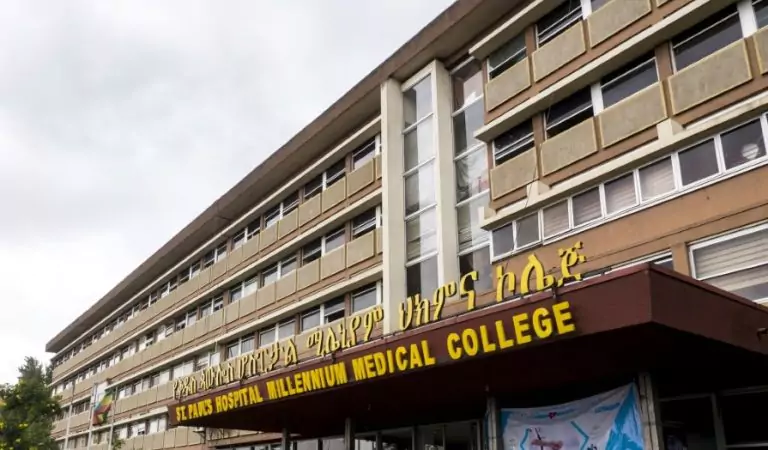
Before its transition to a medical college in 2007, St. Paul’s Hospital Millennium Medical College was first established as a hospital in 1968 by the late Emperor Haile Selassie with the intent to help poor people who could not afford medical expenses. However, in 2007, the hospital was upgraded to a medical college and established as an exceptional institution of higher learning, training, and research. At the moment, along with functioning as one of the country’s main referral hospitals, the medical school provides education to medical professionals who aim to join the field of medicine
It Was During The Ethiopian Millennium Celebration That St. Paul’s Hospital Millennium Medical College Opened As A Medical School
St. Paul’s Hospital opened a medical college in 2007 after serving the country exclusively as a hospital for 60 years, in an effort to address the severe medical professional shortage in the nation. And its establishment as a medical school has special meaning to the citizens of Ethiopia since it commemorates the Ethiopian Millennium, one of the most popular events in the nation’s history.
It Is The Second Largest Public Hospital In Ethiopia
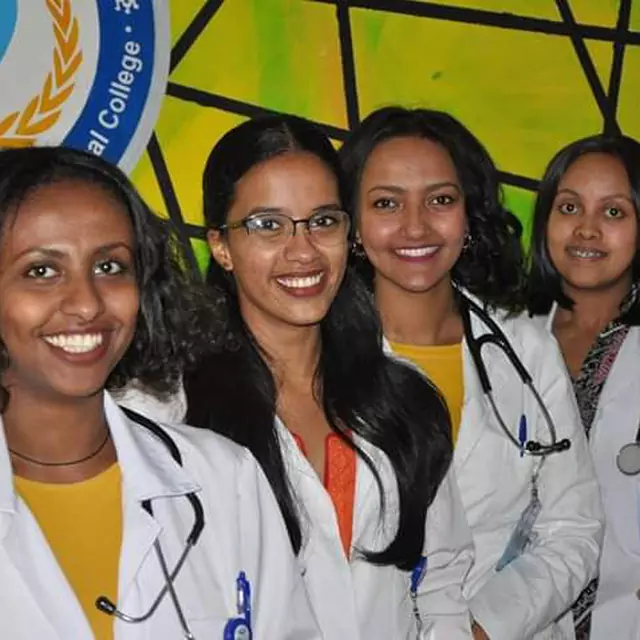
It has more than 3400 staff from around the world. 302 lecturers, 153 assistant professors, 17 graduate assistants, and over 23 clinical and academic departments. Its hospital has an inpatient capacity of 700 beds and can admit nearly 700 outpatients and emergency patients daily.
It Gives Free Medical Care To 75 Percent Of Its Patients
As it was established to serve the economically underprivileged population, this hospital tries to achieve this objective by providing quality free healthcare for those who cannot afford to pay for medical services. In doing so, it plays a significant role in improving the healthcare delivery system in society, and more specifically among the underprivileged segment of society.
It Has Its Own Unique Admission Rules And Procedures
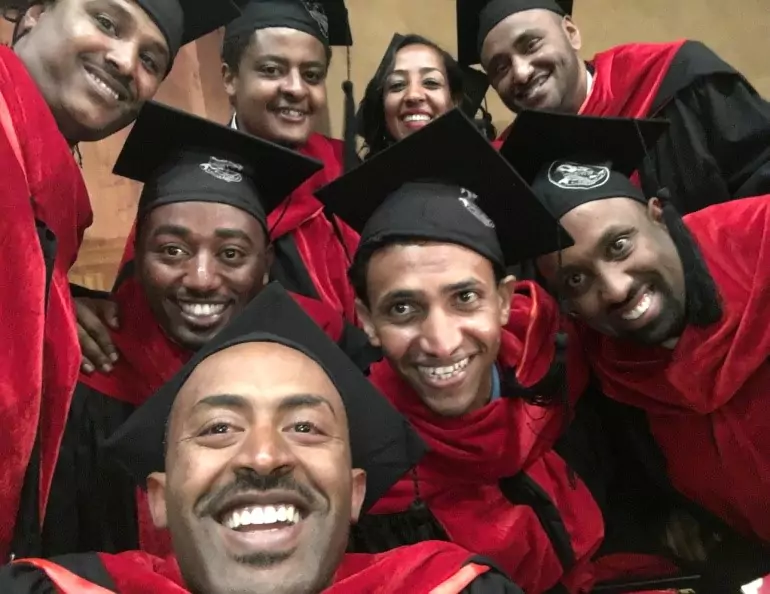
The college’s applicants are chosen after taking a written test and going through a planned interview about their prior educational experiences and why they want to work in their country. All of Ethiopia’s regions are represented among the students, but students from newly developing and underrepresented regions are given special consideration. The college also places a high priority on gender equality among its students and gives affirmative action, with the proportion of female students now close to 40%. A student must successfully complete the college’s admissions process in order to enroll. One is the result of the Ethiopian university entrance exam, or EHEECE. But this depends on the national examination center’s set cutoff score for passing. Another requirement is that students must enroll the same year they graduate from high school. Students must also pass a written test that will be graded by the medical college. Consequently, based on their results, only shortlisted applicants will be interviewed.
It Is The First Medical College To Offer Undergraduate Integrated Modular Curriculum Medical Education In Ethiopia
For its undergraduate medical education, the college developed Ethiopia’s first integrated modular and hybrid problem-based curriculum. Additionally, it is currently diversifying its undergraduate program offerings and adding postgraduate programs.
Every day, St. Paul’s Millennium Medical College Sees About 1200 Patients For Outpatient And Emergency Care
The college, which employs more than 2800 clinical, academic, administrative, and support staff, significantly improves the welfare of its nation by offering specialized medical care to patients who are referred from across Ethiopia. In doing so, the college benefits thousands of people’s lives while meeting the health needs of a large community. At the college, 1200 emergency and outpatient patients are currently treated each day on average.
It Has Many Big Local Partners
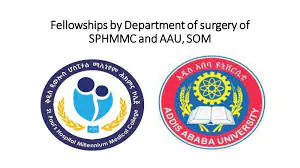
The Medical College works with many local big institutions and organizations including:
- Addis Ababa University
- Ethiopian Public Health Institution
- Ras Desta Hospital
- Yekatit 12 Hospital
- Amanuel Hospital
- Armauer Hansen Research Institute
- Jimma University
- Different Health Centers in Addis Ababa
- Worabe Hospital
It Has Many Big International Partners
The College has strong ties with these international partners:
- University of Michigan
- Tulane University
- University of Bergen
- Harvard School of Public Health
- Teaching institutions and the Ministry of Health of Egypt
- ENAHPA (Ethiopian North American Health Professionals Association)
- JHU TSEHAI (Johns Hopkins)
- University of Alberta
- Engender Health
Ethiopia’s First National Kidney Transplantation Center Was Opened At St. Paul’s Hospital Millennium Medical College
In September 2015, the college became home to the country’s first national kidney transplantation center.

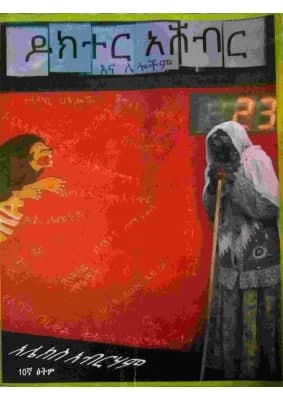
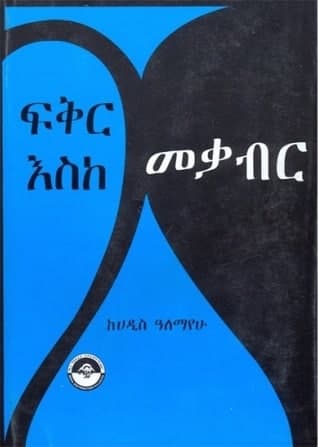
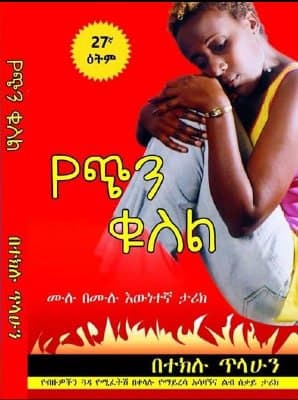

0 Comments